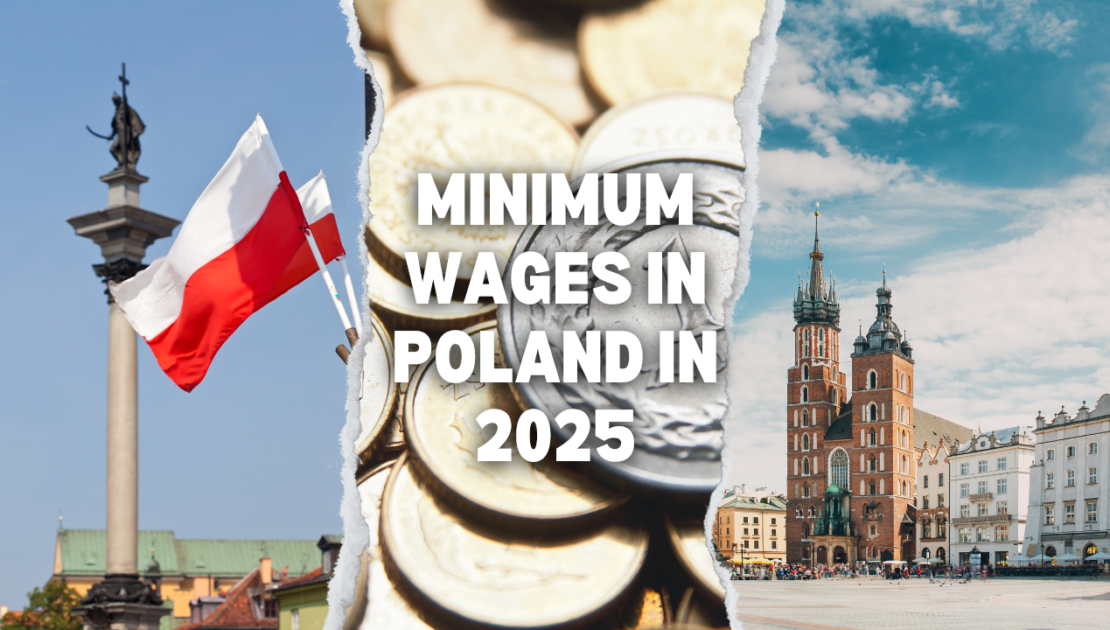The Dangerous Call to "Move Beyond" Nazi Germany's Crimes: A Response to Elon Musk's Remarks
The chair of Yad Vashem, Israel's official Holocaust memorial, issued a stern rebuke to tech billionaire Elon Musk's recent comments, describing them as dangerous to the democratic future of Germany. The remarks, made by Musk in a virtual address to the far-right German political party Alternative for Germany (AfD), have stirred a broader debate about the importance of confronting historical injustices and the responsibility of nations to acknowledge their pasts. This article delves into the implications of Musk’s statements, the reaction from Holocaust remembrance organizations, and the broader discussion about national identity, historical memory, and political movements in Europe.
Elon Musk's Controversial Remarks
On January 26, 2025, Dani Dayan, the chair of Yad Vashem, publicly criticized Elon Musk for suggesting that Germans should “move beyond” the crimes committed during the Nazi era. Dayan expressed his concern via the social media platform X (formerly known as Twitter), which Musk owns, stating that remembrance and acknowledgment of the country's dark past should be central in shaping German society. He emphasized that failing to do so would be not only an insult to the victims of Nazism but also a threat to Germany’s democratic future.
Dayan's comments were in direct response to Musk’s address on the previous Saturday to the far-right AfD, in which he expressed support for the party and advocated for a national pride that, according to him, should not be burdened by historical guilt. Musk’s words were striking in their insistence that modern-day Germans should be proud of their heritage, despite the atrocities committed by the Nazi regime during World War II.
“First of all, I wanted to really say that I’m very excited for the AfD, and I think you are really the best hope for Germany,” Musk stated in his address. He then added, “It’s OK to be proud to be German. This is a very important principle.” Musk’s speech, which seemed to encourage a sense of pride in German identity without acknowledging the dark legacy of the past, raised alarms about the potential consequences of erasing the collective memory of the Holocaust.
The Importance of Historical Memory
The Holocaust, a systematic genocide carried out by Nazi Germany from 1941 to 1945, is one of the darkest chapters in human history. Six million Jews, along with millions of others—such as Romani people, disabled individuals, Polish and Soviet civilians, and political dissidents—were murdered in the name of an ideology that sought to establish a racially "pure" state. The lessons of this atrocity have shaped global discussions about human rights, democracy, and the importance of confronting hate and prejudice in all its forms.
For Germany, the process of coming to terms with its Nazi past, known as "Vergangenheitsbewältigung," has been an essential part of rebuilding its democracy and fostering a culture of responsibility and tolerance. Since the end of World War II, Germany has made significant efforts to acknowledge the horrors of the Nazi regime, educate its citizens about the Holocaust, and ensure that future generations understand the consequences of unchecked extremism and nationalism.
Yad Vashem, as Israel’s official Holocaust memorial, plays a crucial role in this process of remembrance, both for Israel and for the world. Dayan’s remarks reflect the widespread belief that historical memory is vital for safeguarding democracy. In postwar Germany, acknowledging the Nazi past has been an essential component of the country’s democratic identity. Attempts to erase or downplay this history pose a serious risk to the nation’s political stability, especially in light of the resurgence of far-right movements across Europe.
The Rise of Far-Right Nationalism in Europe
Musk’s remarks come at a time when far-right political parties are gaining traction in several European countries, including Germany. The AfD, which Musk expressed support for, has become a prominent force in German politics, especially in the wake of the European migrant crisis and growing concerns about national identity and cultural preservation. The party’s platform is centered on nationalism, anti-immigration policies, and a rejection of Germany’s postwar liberal democratic order. The AfD’s growing influence has led to concerns about the potential for the normalization of extremist rhetoric and the erosion of democratic values.
Many observers have noted that the AfD’s platform bears disturbing similarities to the rhetoric of past nationalist movements, particularly the Nazi Party. While the AfD’s leaders may not openly embrace the ideology of the Nazis, their calls for a return to a "purer" German identity and their rejection of multiculturalism echo the dangerous nationalism that fueled the rise of Adolf Hitler and the Nazis in the early 20th century.
Musk’s support for the AfD and his comments about Germans moving beyond the guilt of past generations can be seen as part of a broader trend in which influential figures on the global stage give tacit approval to far-right political movements. This trend is not limited to Europe; similar shifts are occurring in other parts of the world, where populist leaders have sought to diminish the importance of historical memory in favor of nationalistic pride. This raises significant questions about the role that wealthy and influential individuals, such as Musk, should play in shaping public discourse and political agendas.
The Dangers of Disengagement from History
Elon Musk’s assertion that Germans should "move beyond" the guilt of their ancestors is not just a call for national healing; it represents a dangerous erasure of the lessons that history has to offer. If future generations of Germans are encouraged to ignore the crimes of their forebears, they risk losing the opportunity to learn from the past and prevent the resurgence of similar ideologies in the future.
History is not just a collection of facts; it is a tool for understanding the present and shaping the future. The Holocaust serves as a stark reminder of the dangers of unchecked hate, bigotry, and authoritarianism. By acknowledging the atrocities committed during the Nazi era, Germany has been able to build a society based on democratic principles, human rights, and the rule of law. This commitment to remembering the past has made Germany a leading example of how a nation can confront its darkest moments and emerge stronger as a result.
If the memory of the Holocaust and the lessons it imparts are allowed to fade, there is a real danger that future generations will be more susceptible to the same ideologies that led to the rise of Nazism in the first place. The normalization of far-right rhetoric and the promotion of nationalist pride without accountability could lead to the dismantling of the democratic institutions that have been built over the last 70 years. The very fabric of Germany's democracy could be at risk if its citizens are encouraged to forget the lessons of the past.
The Role of Public Figures in Shaping Political Discourse
Elon Musk, as one of the world’s wealthiest and most influential individuals, has the power to shape public discourse on a global scale. His comments about moving beyond the past and his support for far-right political parties have sparked a conversation about the responsibilities that come with such influence. Musk has long been a controversial figure, known for his unconventional behavior and statements, but his recent political leanings and public statements have drawn sharp criticism from many quarters.
As the owner of X (formerly Twitter), Musk has a platform that allows him to reach millions of people with his opinions. His embrace of far-right movements, combined with his dismissal of historical memory, has raised concerns about the potential impact of his rhetoric on global politics. When a figure like Musk expresses support for extremist political groups and downplays the importance of historical memory, it sends a dangerous message to his followers, many of whom look up to him as a role model.
Public figures have a responsibility to use their platforms wisely, especially when discussing sensitive topics like national identity, historical trauma, and political extremism. While it is certainly within Musk’s right to express his opinions, the influence he wields requires careful consideration of the potential consequences. In a time when far-right movements are gaining ground in many parts of the world, it is more important than ever for public figures to be mindful of the rhetoric they promote and the impact it may have on the political climate.
Conclusion
Elon Musk’s recent remarks about Germans moving beyond the guilt of their past have sparked a fierce debate about the role of historical memory in shaping national identity and political discourse. While it is important for nations to look forward and build a better future, it is equally crucial to acknowledge the darkest chapters of history and learn from them. The Holocaust serves as a stark reminder of the dangers of nationalism, authoritarianism, and unchecked hate. Efforts to erase or downplay this history risk undermining the democratic values that Germany and other nations have fought to protect.
As Germany continues to confront its past and navigate the challenges of the present, it must do so with an unwavering commitment to remembrance, responsibility, and democratic principles. The words of Dani Dayan, chair of Yad Vashem, serve as a timely reminder that the remembrance of the Holocaust is not just an act of honoring the past but a vital safeguard for the future of democracy.





























0 Comments